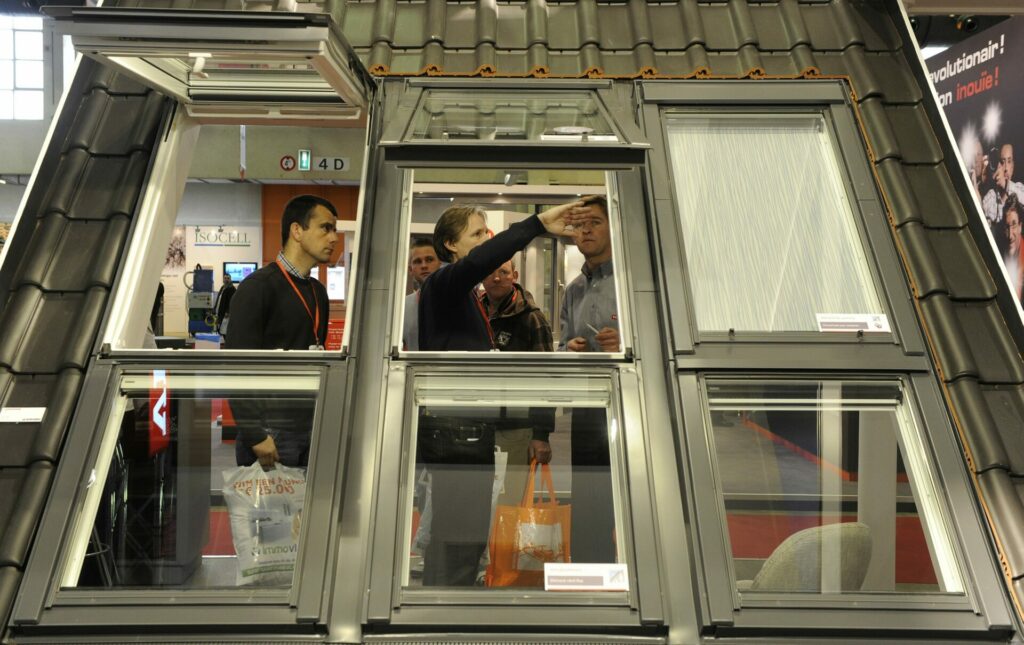All homes in the Brussels-Capital Region will need to have an EPB energy certificate by the end of this decade to classify the energy performance of the building.
A large part of Brussels' buildings stock is outdated and energy inefficient: a third of Brussels buildings are not insulated at all. This means buildings produce more than half of the greenhouse gases on the territory. As more than 60% of Brussels residents are renters, they can't do much themselves under current regulations to better insulate homes.
Salaries are among the lowest in the country, meaning households would benefit more from energy-efficient homes. Instead, Brussels residents are at more risk of energy poverty, as more energy is required to heat the house. The effect of energy efficiency's importance is becoming more and more clear, especially in property prices, further putting pressure on lower-income households.
However, the region has in recent years put the renovation of buildings at the heart of its priorities, in part through Renolution, the regional strategy for this purpose. As part of this policy, all Brussels homes must have an EPB (Energy Performance Indoor Climate) certificate by 2030, Brussels Environment Minister Alain Maron announced.
"The lack of insulation in so-called 'energy sieve' for vulnerable target groups is very unfair from a social point of view," he said. "By guaranteeing home insulation, we ensure a fair transition and homes in which everyone can live with dignity."
'Simple' works
The EPB relates to the energetic total package of your home: insulation, airtightness, ventilation, heating systems, among others, but also to the quality of the indoor climate.
The text includes a "progressive regulatory framework", guided and supported by the government, that aims to renovate homes with EPB class F and G (the worst scores possible) by 2033 and with EPB class D and E by 2045.
"This can be met by carrying out just one or two phases of work, usually roof insulation and heating system replacement," Maron said.
The region already operates a system for people who cannot find a solution to renovate their homes, for example due to heritage requirements or a lack of funds. The fine that is usually imposed will then either be reduced or cancelled.
The new text also aims to ban fossil fuels from new or heavily renovated buildings. According to Maron, the plans fit into the ambition to reduce greenhouse gas emissions by 47% by 2030. It will be submitted to all Brussels MPs for a vote on 23 February.

